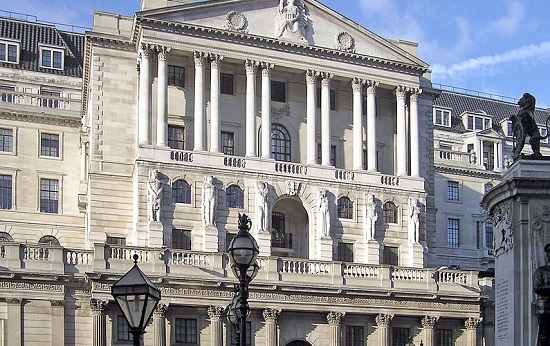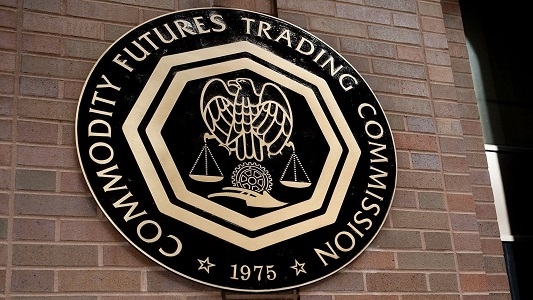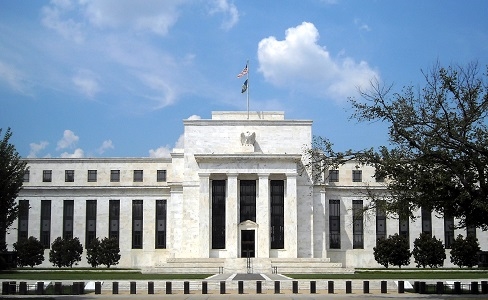Investors pessimistic about ECB measures

Ahead of the European Central Bank's (ECB's) meeting this week, investors express pessimism over the measures taken so far to bolster the struggling Eurozone economy.
Jeremy Lawson, chief economist at Standard Life Investments says that the European recovery is very weak but the ECBs steps towards reform may not be enough to strengthen it.
Draghi has finally acknowledged that fiscal policy has been too tight and accelerated structural and financial reforms are now needed to stop Europe being trapped in a low-growth equilibrium, said Lawson.
Unfortunately he only has control over one policy area, monetary policy, and the flaws in the Eurozones institutional design make it hard to achieve the right fiscal balance that is now required to get growth up and inflation back to target."
The banking union also falls short of what is ultimately needed to allow the currency union to function better. All of this implies that the Eurozone is at risk of suffering a lost decade in terms of living standards unless tough decisions are made.
Stewart Robertson, Aviva Investors senior economist agrees, suggesting the ECB is not doing enough to return to robust growth.
“If the success of the euro zone recovery is to be judged by a convincing and sustained return to robust growth and the 2% inflation target, then the ECB has failed, said Robertson.
In our view, banks will continue to avoid passing on cheap funding to the real economy, yet the ECB looks unlikely to respond with outright quantitative easing before the middle of next year.
Eric Lascelles, chief economist at RBC global asset management broadly agrees but is not expecting much from the decision to be announced this week:
It is conceivable that additional clarification could be provided over the size of the asset purchasing plan, or some context could be given to the underwhelming first targeted long term refinancing operations (TLTRO) take-up. But the odds of outright new steps are vanishingly small, said Lascelles.
The consensus-driven nature of the ECB means that the build toward outright quantitative easing will be quite slow, even in an environment of ultra-low inflation and anaemic economic growth.
Luca Paolini, chief strategist at Pictet Asset Management takes a more measured view, saying that there may be a silver lining. A weak Euro could offer opportunities for growth and deflation possibly being less of a risk than previously thought.
European equities should be boosted by the weak Euro, which offers growth potential, and favourable liquidity, said Paolini. The recent improvement in the regions monetary aggregates and a weaker currency suggest that the risk of deflation - which now appears to be a consensus expectation - may be overstated.
Moreover, the ECBs programme to buy asset-backed securities and covered bonds is a last step before full-blown quantitative easing. If these more targeted measures disappoint, there are indications that the central bank will consider large-scale government bond purchases.
But even if the ECB were to refrain from quantitative easing that would not necessarily be negative for stocks as it would suggest that economic conditions are improving.
Found this useful?
Take a complimentary trial of the FOW Marketing Intelligence Platform – the comprehensive source of news and analysis across the buy- and sell- side.
Gain access to:
- A single source of in-depth news, insight and analysis across Asset Management, Securities Finance, Custody, Fund Services and Derivatives
- Our interactive database, optimized to enable you to summarise data and build graphs outlining market activity
- Exclusive whitepapers, supplements and industry analysis curated and published by Futures & Options World
- Breaking news, daily and weekly alerts on the markets most relevant to you



